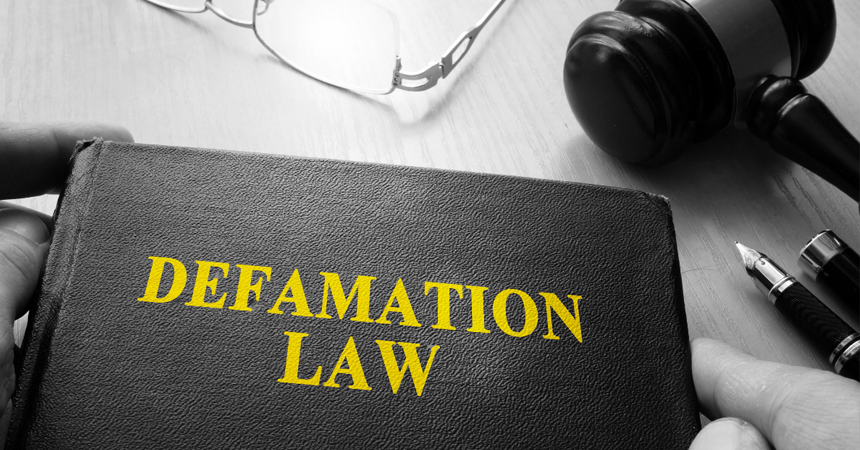By: Melissa S. Doolan, Esq.
In the past two years, I have seen a significant increase in ‘bad’ behavior among residents. Whether verbal altercations, email campaigns designed to intimidate and harass or yard signs with insulating messages. Managers and board directors are suffering with the stress, anxiety and fatigue of dealing with such behavior. Managers and directors often inquiry whether the resident’s statement constitutes defamation. To answer this question, one must understand what constitutes “defamation” under the law.
Defamation is an all-inclusive legal term governing the written, spoken or published communication of a false assertion of fact concerning a person, a group, or a business association (hereinafter “Plaintiff”), by an individual (hereinafter “Defendant”) to a third-party, which damages Plaintiff.
To prove defamation, the Plaintiff must prove the following five (5) elements:
1) The Defendant made a false statement.
Defendant’s “subjective belief as to the accuracy of the statement – whatever that subjective belief may be – does not determine whether the statements are provable as false.” A statement of fact is one that can generally be proven true or false by objective criteria or examination.
2) The statement was defamatory.
To be defamatory, a publication must be false and must bring the defamed person into disrepute, contempt, or ridicule, or must impeach plaintiff’s honesty, integrity, virtue, or reputation. A statement is also defamatory if it deters others from associating with the Plaintiff. Merely criticizing the Plaintiff is insufficient.
3) The Defendant published the statement to a third party.
Publication to a third party means that the statement was communicated to a third person, and the third person heard or read the communication.
4) The defamatory statement damaged the Plaintiff.
To prove that the statement damaged the Plaintiff, the Plaintiff can show that the statement prejudiced the Plaintiff in conducting its activities, deterred others from dealing with it, or that the statements incited threats of violence or financial harm.
5) Fault
There are two standards of fault in defamation cases: negligence and actual malice. The standard that a court will apply applies depends on whether Plaintiff is considered a private person, a public figure/public official, or a limited public figure.
In Arizona, board directors are considered limited public figures. The standard for public figures or limited public figures is “actual malice.” Actual malice means that “[a]t the time the statement was made” the Defendant “knew that the statement was false or acted in reckless disregard of whether the statement was true or false.” Reckless disregard requires a Defendant to act with a conscious disregard to a substantial risk and is a substantially more difficult standard to prove than the negligence standard.
The short answer to whether a manager or director has a case for defamation is that it depends on the facts. What was said, to whom was it said and whether the person knew the statement was false or recklessly disregarded the truth when speaking or writing the statement. While you may not have enough facts for a defamation case, there are other options available to assist in curtailing the inappropriate behavior. Contact your legal counsel to discuss an injunction against harassment or whether the association’s Community Documents have a nuisance provision that might be utilized to address such statements.
The information provided herein is for reference purposes only, is general in nature, and is not intended as legal advice. For specific questions or legal issues regarding your association, please contact us at 480-219-3633.

